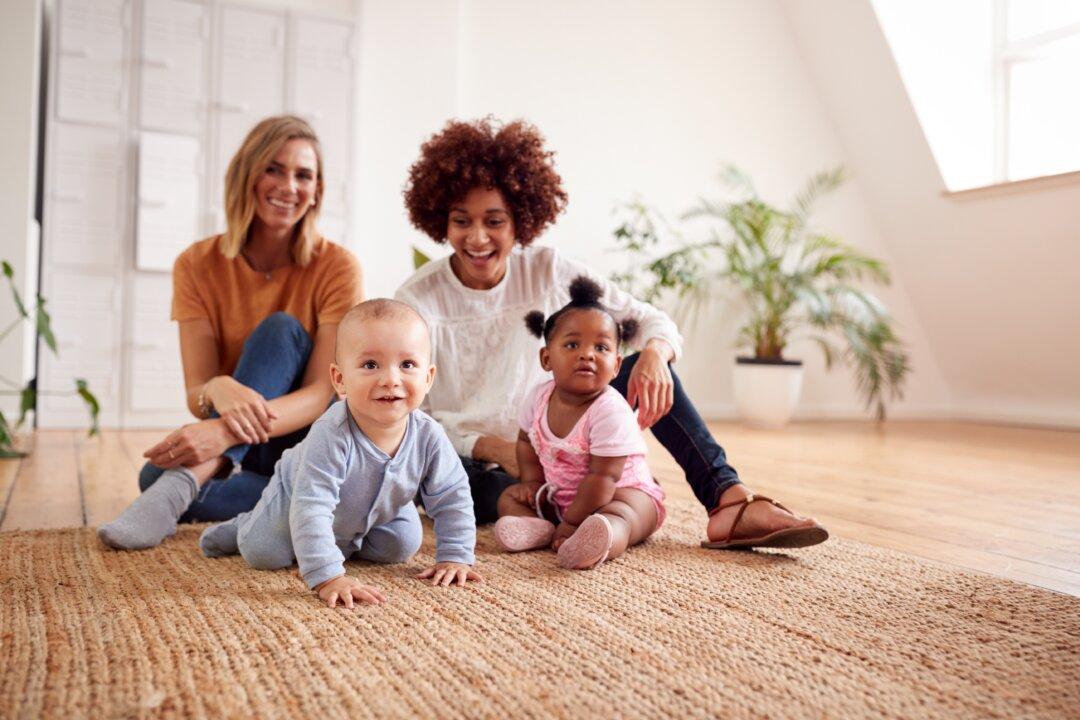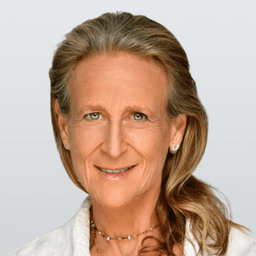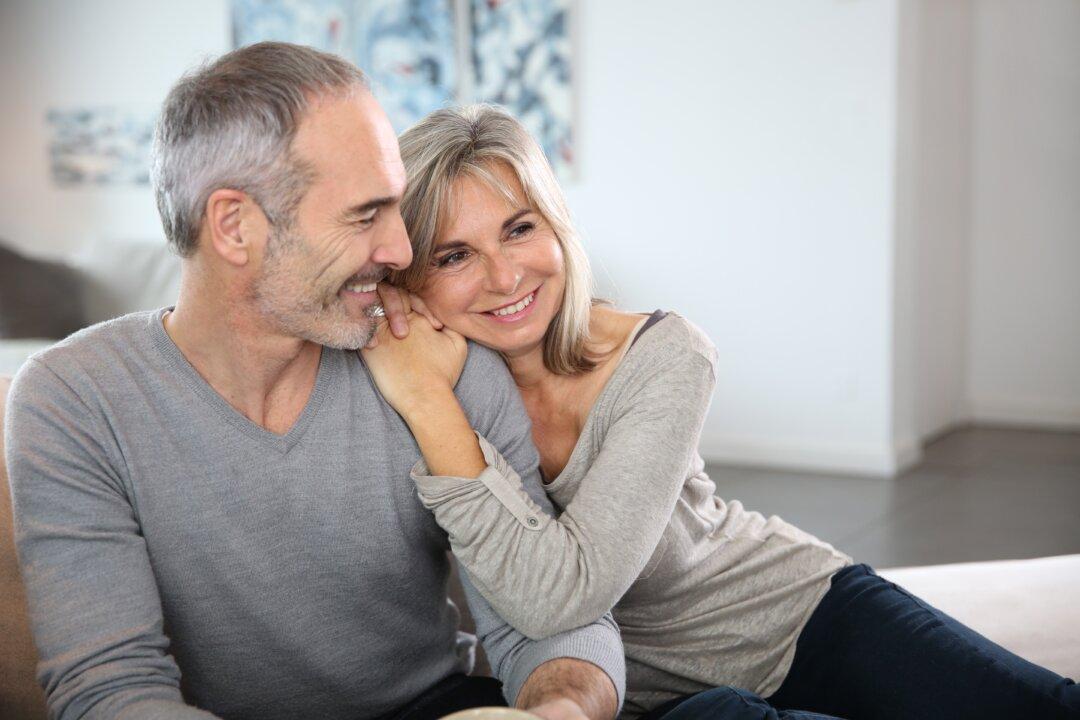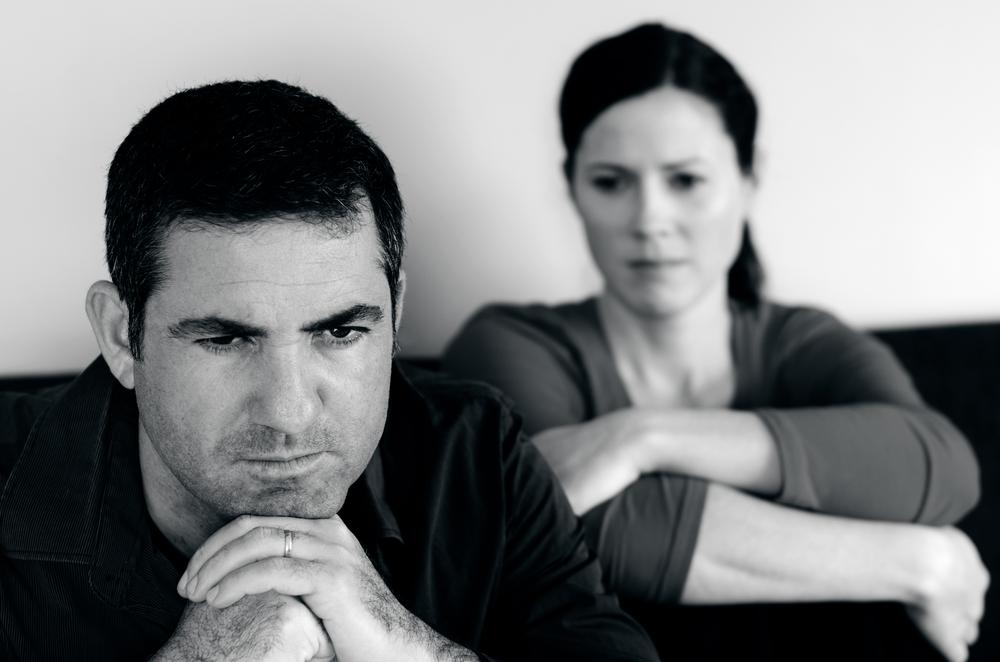There’s something profoundly disturbing going on in our culture right now. Well, truth be told, there are a multitude of profoundly disturbing things going on. But at the center of our toxic culture is a rapidly metastasizing and malignant sense of entitlement—righteousness. And specifically, the right to cast judgment.
As a society, we have become astoundingly judgmental. We feel entitled and emboldened to cast judgment on absolutely everything and everyone. We not only judge what everyone is saying, doing, and believing right now, but we judge what everyone said, did, and believed throughout history. We feel entitled to criticize and condemn those who came before us, specifically, for being less aware and evolved than we are now. We shame who we used to be, and at the same time, deny that that’s who we were.






